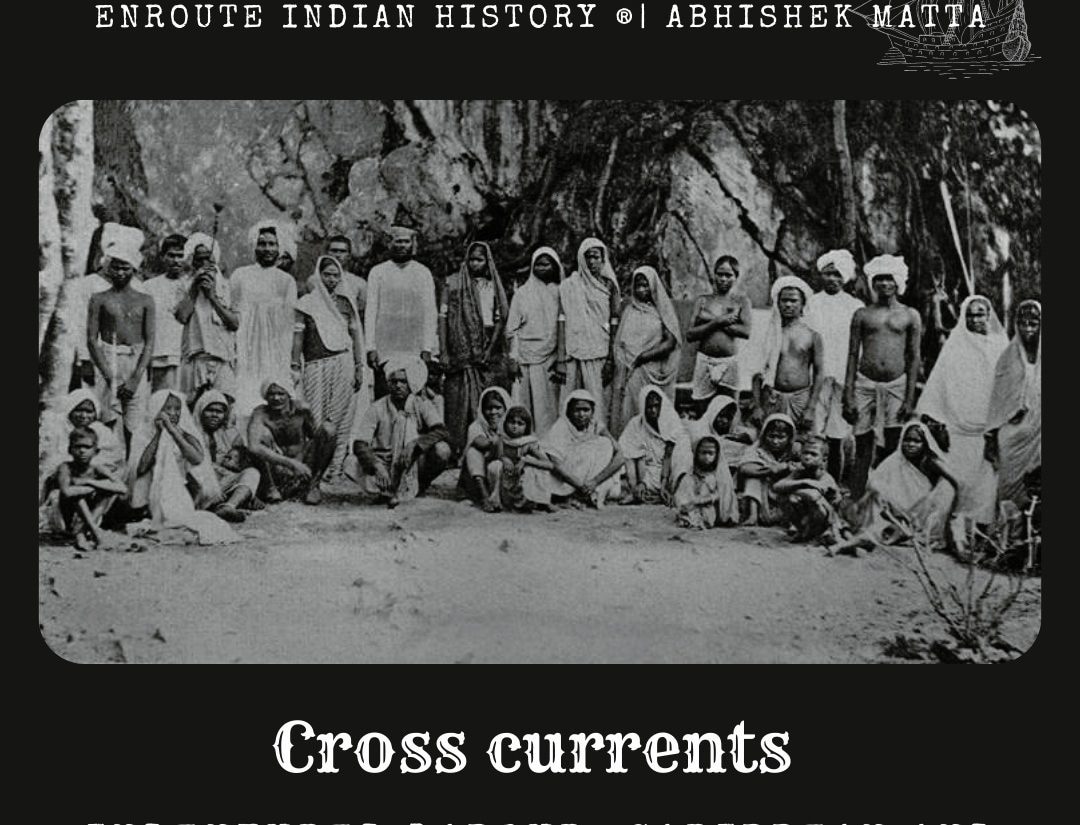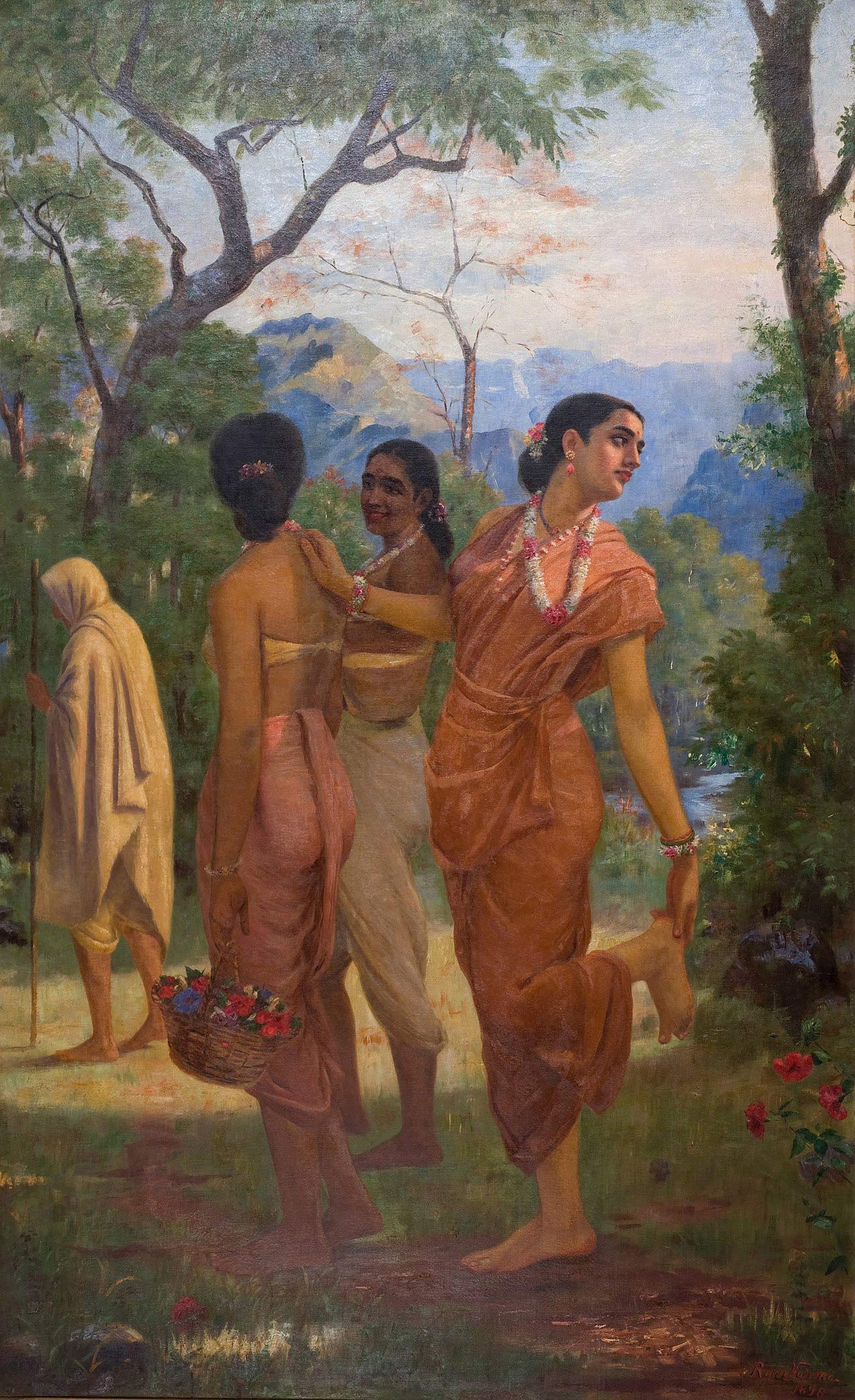Cross Currents : Indentured Labour, Caribbean And The Holi Festival
- Anoushka Jain
- March 22, 2022

Article by EIH Researcher and Writer
Abhishek Matta
In the year 1916, Sri Venkateshwara Steam Press, a publisher of religious Vaishnavaite texts since 1871, brought forth a chapbook of rhymed verses called Damra Phag Bahar: Holi Songs of Demerera written by a certain Lalbihari Sharma. This is in fact a text of rare significance, being the only known literary work authored by an indentured labourer in the Anglophone Caribbean, apart from Munshi Khan’s (1874-1972) autobiographical account Jeevan Prakash. Sharma, a brahmin hailing from a village in the Bihari district of Chapra was taken as a coolie to Plantation Gold Fleece in the British Guiana. Now, the only surviving copy of the original manuscript lies in the annals of the British Library since the Sharma family lost their copy to water and abeer (coloured powder) damage during the Guyanese Phagwah festivities.
The festival of Holi, celebrated in the Caribbean as Phagwah (after the Bhojpuri month of Phagun), becomes the thematic occasion for Sharma to compose poetry about the indentured experience in a dazzlingly wide range of forms including doha, chaupai, ulara, bhajans, chautal and kavitt. Written in the Devanagari script, and constantly shuffling between Braj Bhasha, Bhojpuri and Awadhi, the chapbook pulsates in the vein of medieval bhakti poetry of Sri Vaishnavism. These are songs of abandonment and separation, desire and destitution, love and longing, written by a person who finds his self and society dislocated and to be disinterred. At one point, Sharma talks of life at the sugar-estate as a maya where world was “a sham, a dream, a lie” where wealth and fame are all illusory since “none of it is yours”. About the British colony of Demerera he writes:
This is a country of infinite ills,
where wisdom is scarce.
I left my home and came to Demerera,
my name penned as “Coolie”
Forsaking bhajans, forsaking dharma,
the Vedas I abandoned, to my disgrace.
Later in the voice of a woman tormented by pangs of separation, he laments about Holi away from homeland, “Phagun is a rapturous month: I do not like it without my beloved/ The breeze assails me like iron”. Now, we have a poignant and scholarly translation of this text by the Guyanese American poet Rajiv Mohabir, titled I Even Regret Night: Holi Songs of Demerera. The title-phrase comes from the poem “Sakhi Uthi Khar” which has also been rendered musically by Somdatt Amar Ramessar of the Guyanese music collective, Indus Voices. (https://www.youtube.com/watch?v=mhCQA7AYwbc)




















